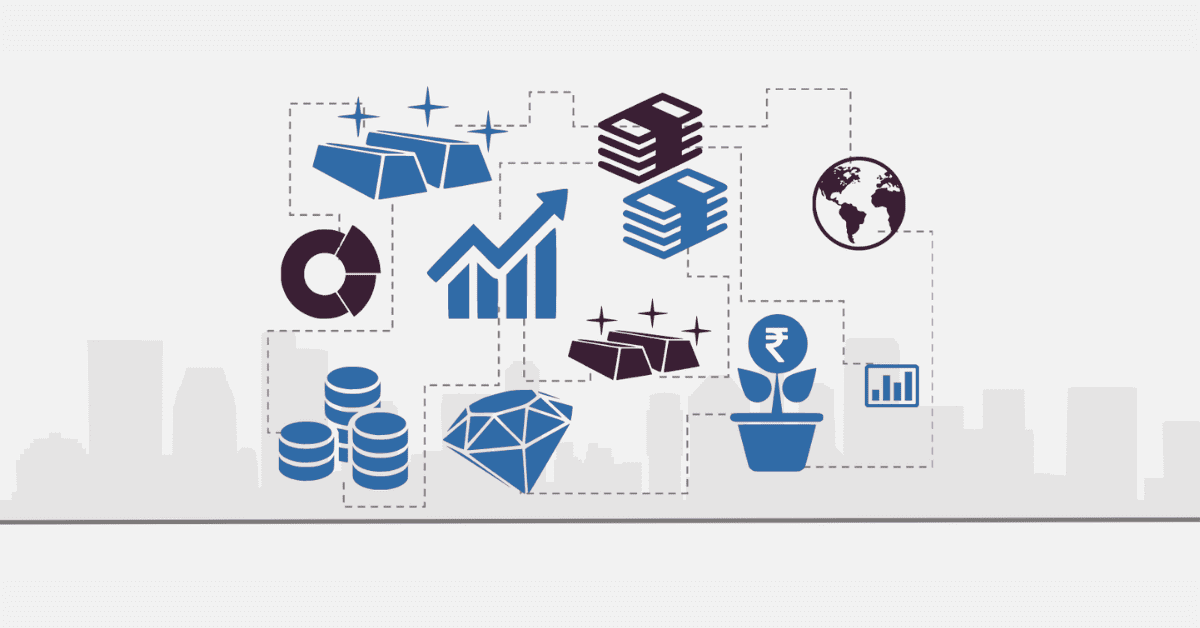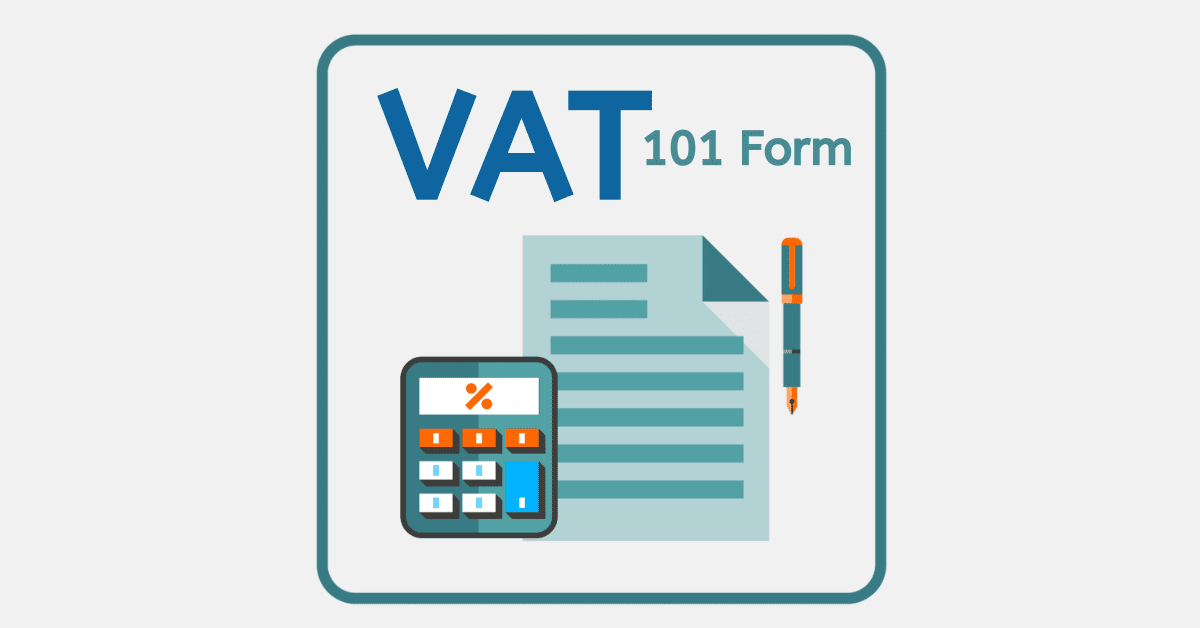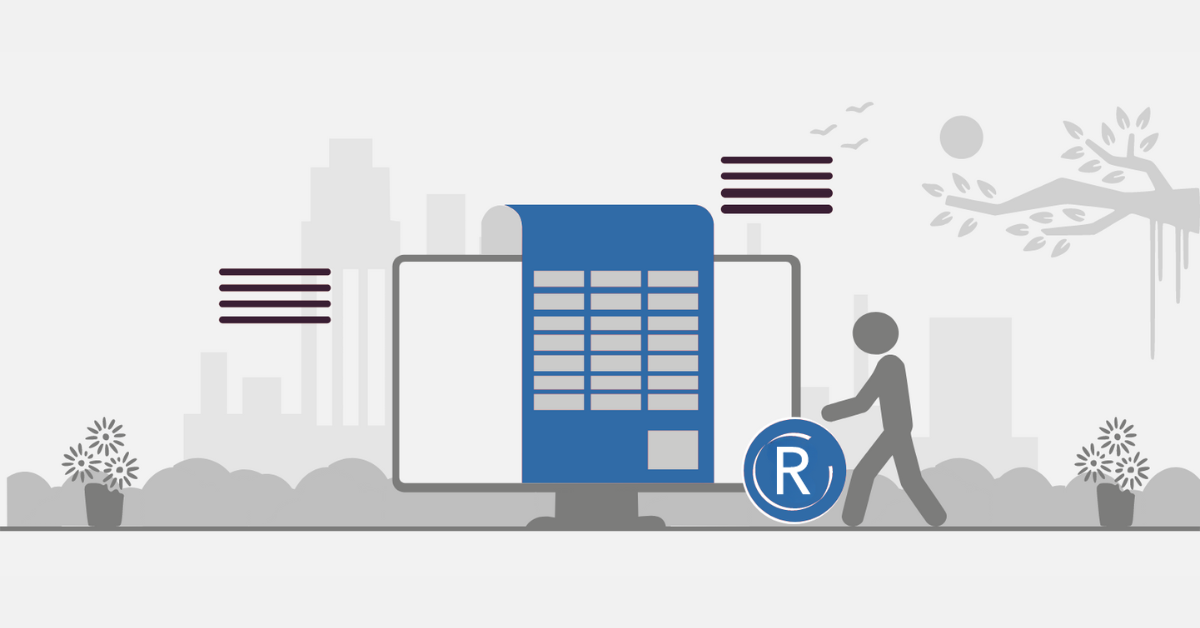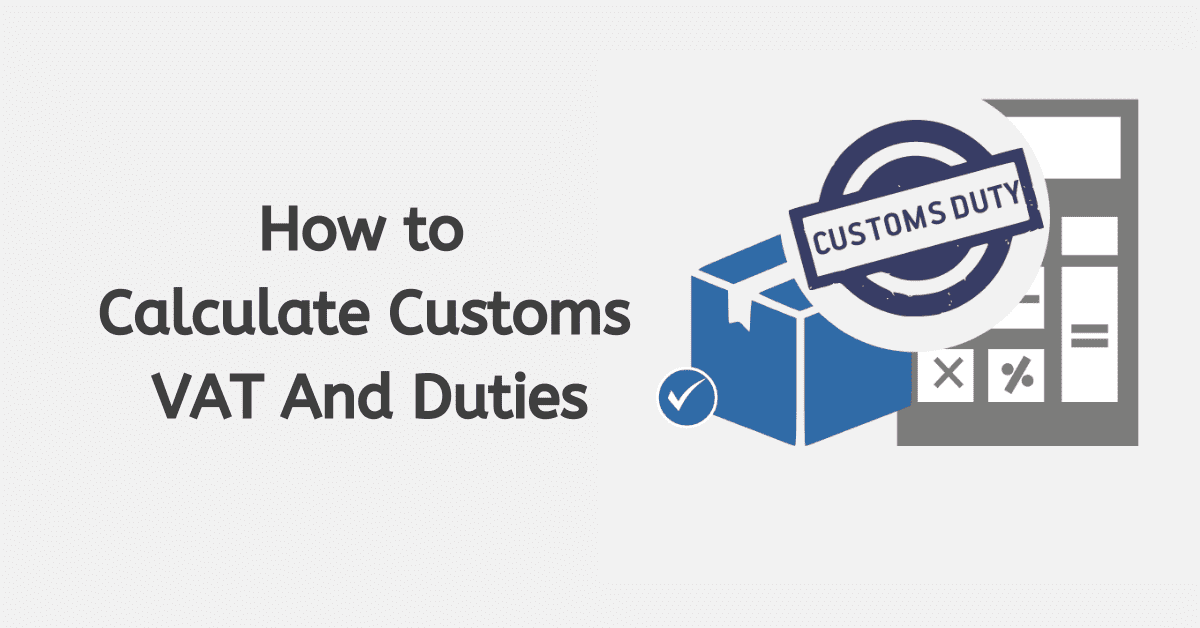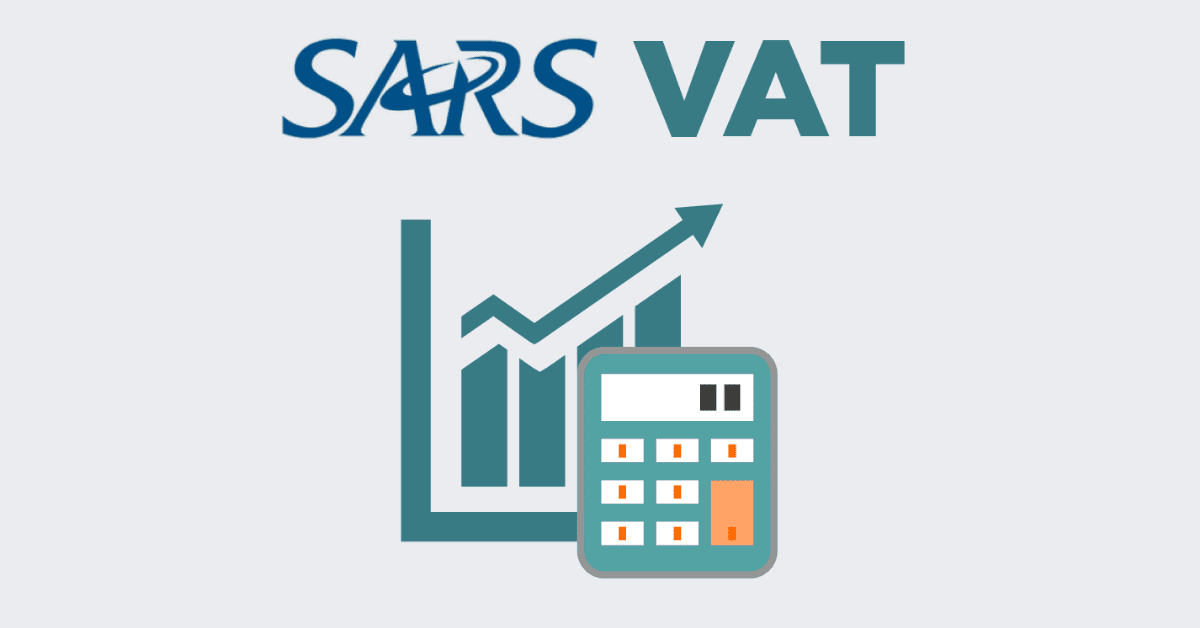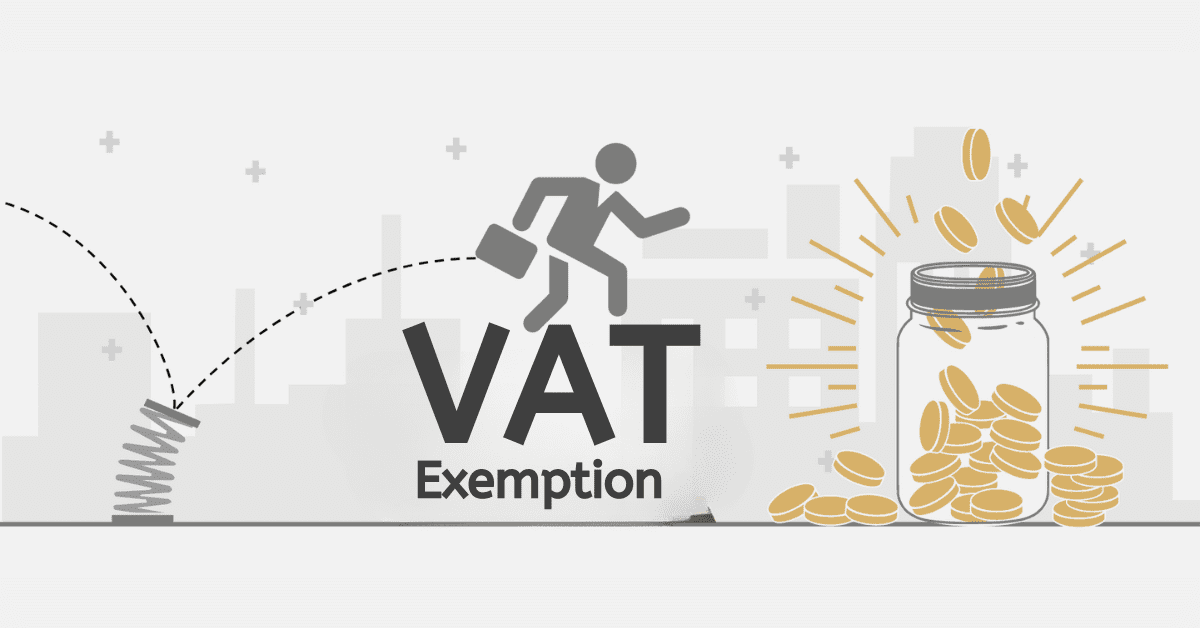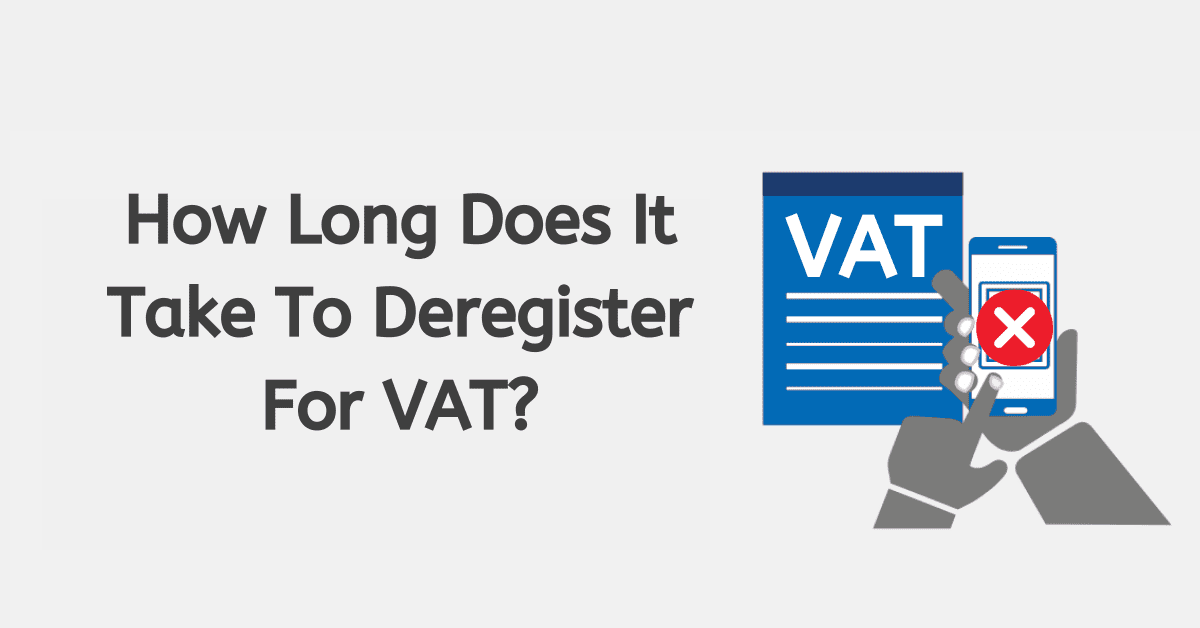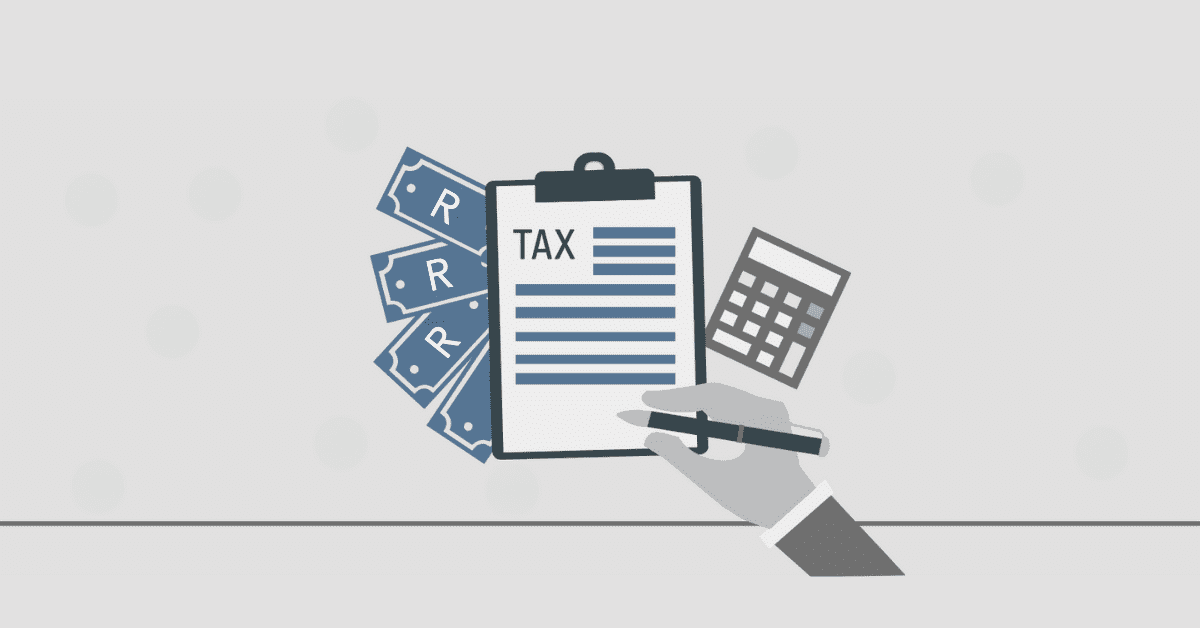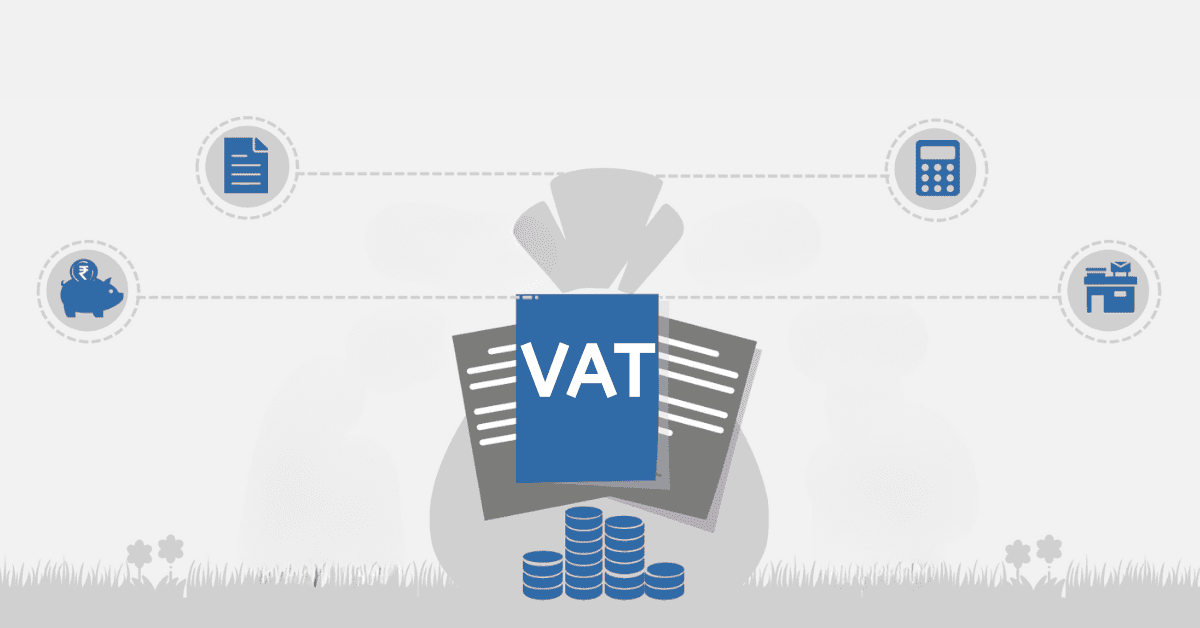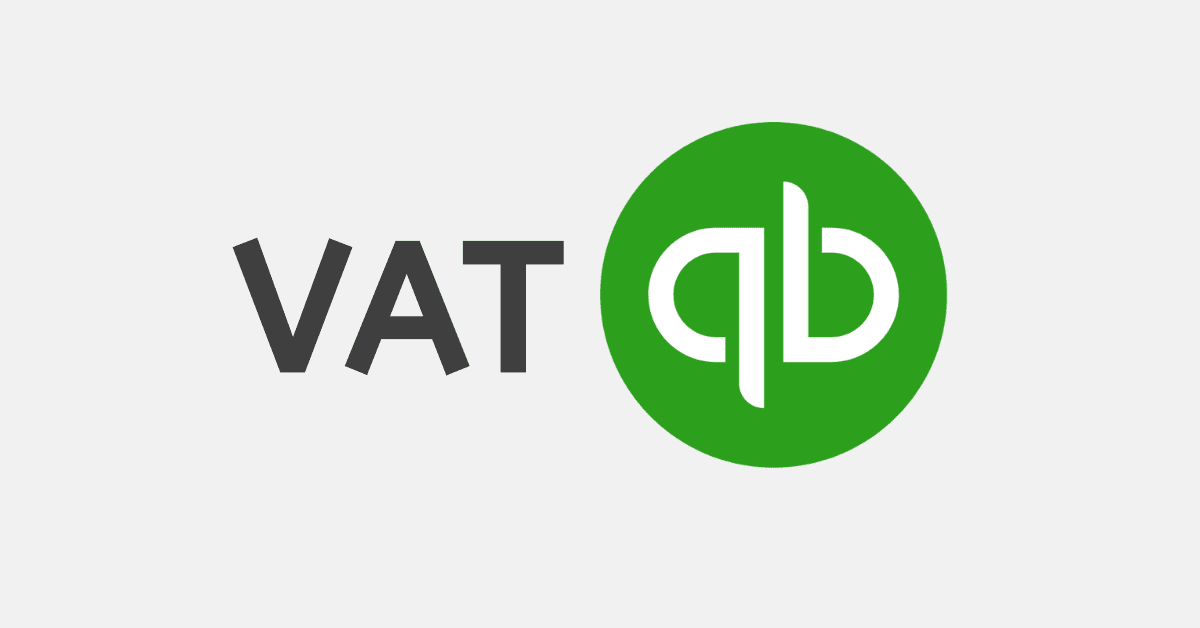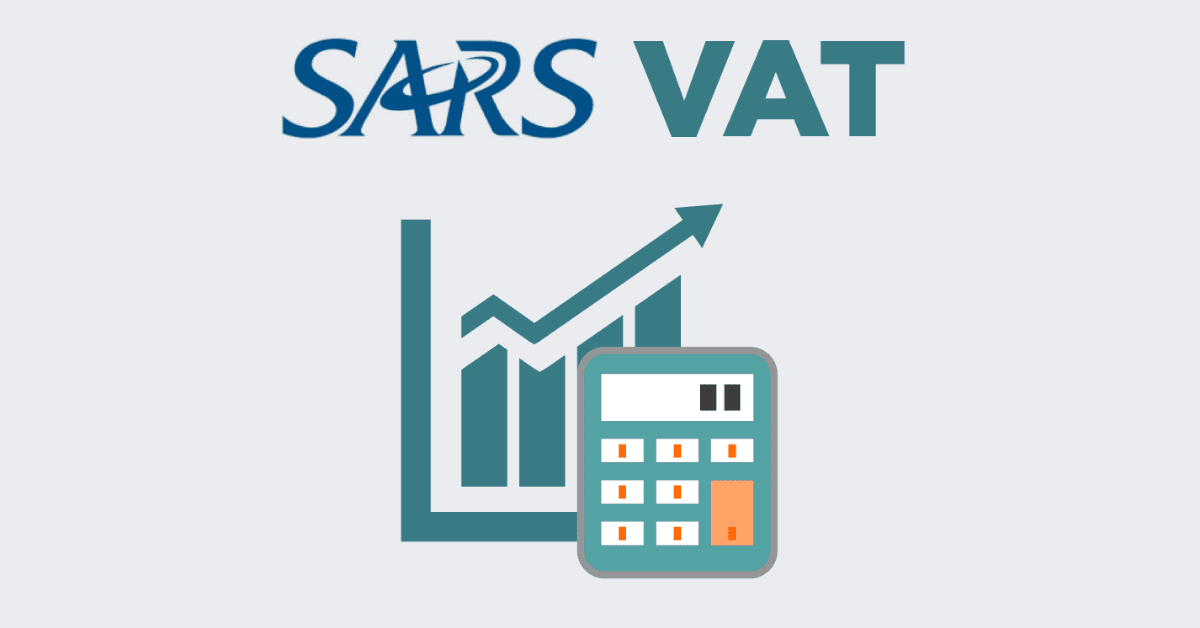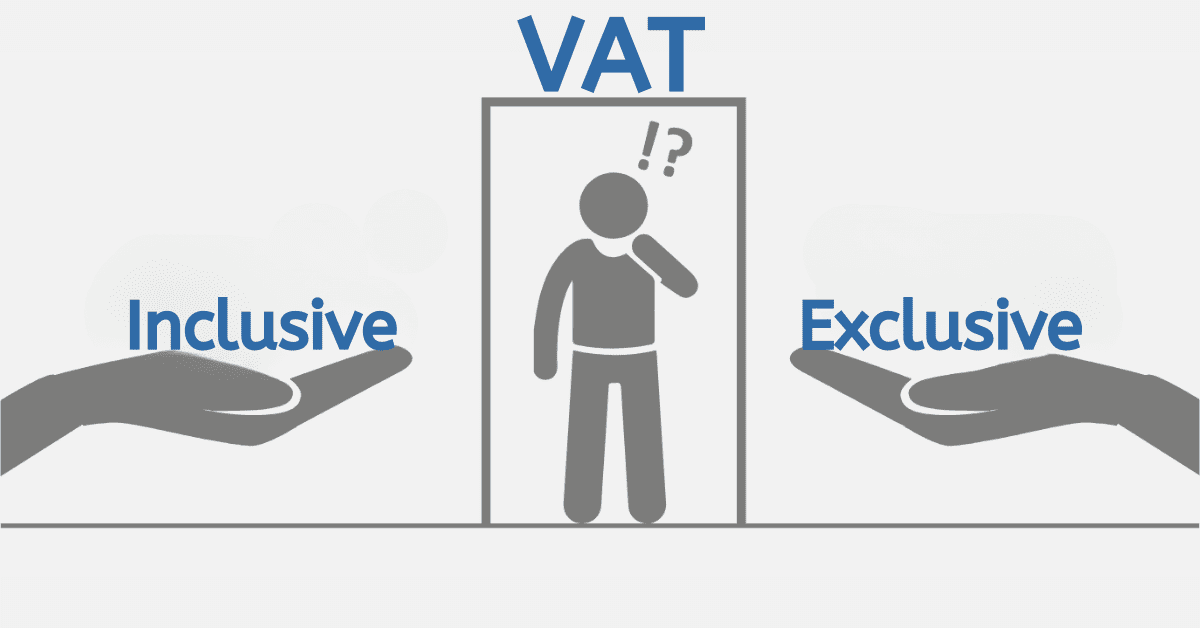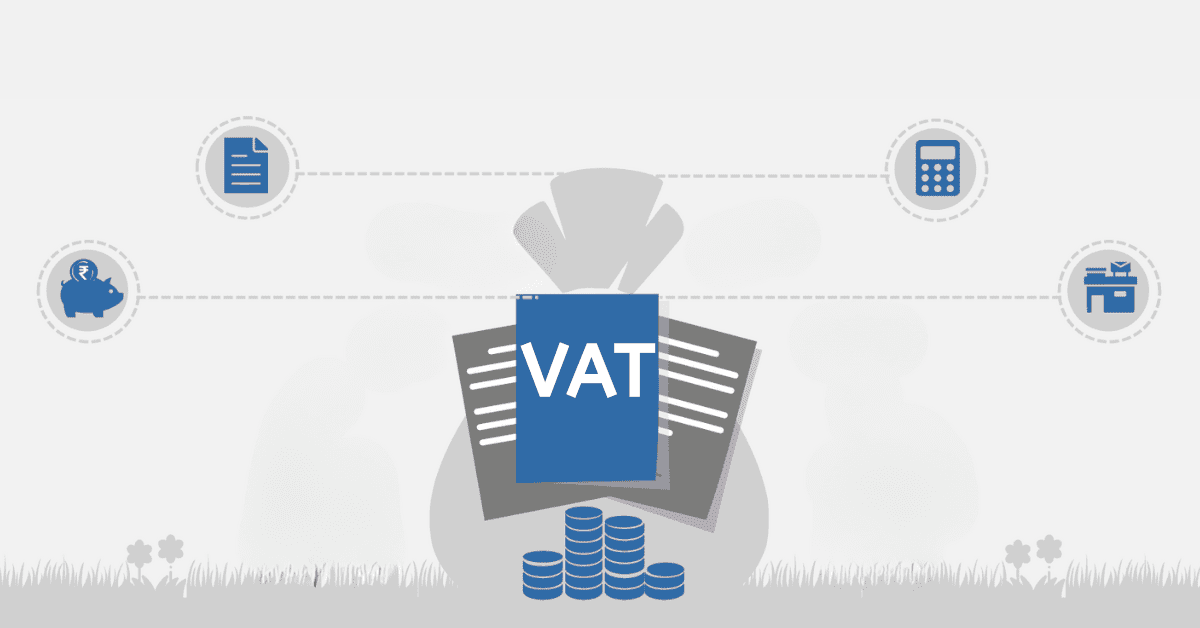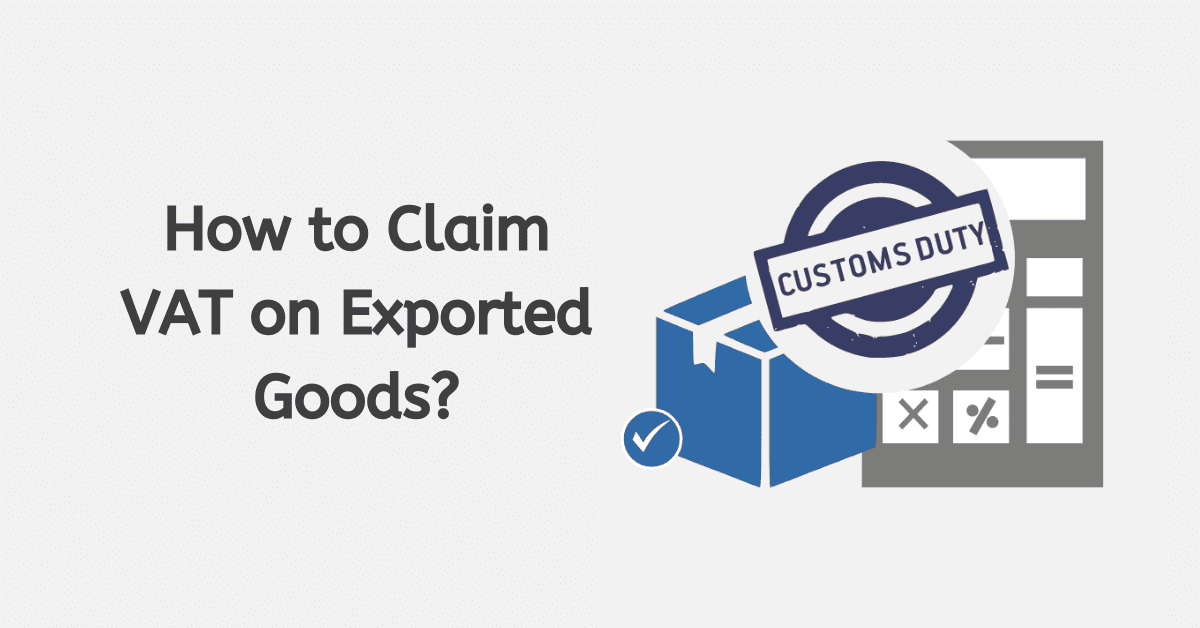Registering for VAT is an important part of growing your business to the next level. Unlocking greater business professionality, as well as allowing you to work with larger organizations who prefer VAT-registered partners, VAT registration may be the critical boost your company needs to truly shine. Today, we look in-depth at the VAT registration process, how to do it online, and everything else you need to know to make this process as smooth as possible.
How do I register for VAT online in South Africa?
To start the registration process, head online to your business’ eFiling account. Here, you will add the VAT tax type to your profile. The first form you will need to submit is called the VAT101 form and is the VAT registration form. Fill in this form as accurately as possible to ensure the smoothest processing on SARS’s side. You will be asked to submit some supporting documents alongside the VAT101 form- namely certified copies of your business registration documents, the ID (or passport) of the registered representative who will file on your behalf, and proofs of your company’s physical and postal addresses as well as bank account. You should also have the income tax number of your business on hand, which you can find on SARS eFiling if you require. You will need to be fully tax-compliant across all your other tax types to register. You can find out more directly from SARS here.
Once the VAT registration form is received by SARS, they may need to audit and check the form and supporting documents. However, if your business is perceived as a ‘low-risk’ type, they often issue the VAT number
What Are The Requirements For VAT Registration?
To register for VAT online in South Africa, you first need to meet one of the key thresholds. Any business can register voluntarily once their turnover passes R50,000 in a consecutive 12-month period. However, if your business has expanded to the point where your consecutive 12-month turnover is R1,000,000, you will be compelled to register for VAT.
Many businesses choose to register for VAT voluntarily to claim the input tax credits on the goods (or services) they sell. It helps boost your professional profile and opens the door to trade with other VAT-registered businesses that may decline vendors and partners who can’t contribute to their own VAT returns.
How Much Does It Cost To Apply For VAT?
Many people believe there is a cost to apply for VAT. However, it costs nothing to handle the registration process yourself. As we’ve looked at above, it is a matter of requesting the VAT101 registration form through your eFiling, filling in all the details, adding the supporting documents, and submitting the form to SARS. They will process your registration and get back to you in time with your VAT number and other details.
Once you are approved, you will start filing your VAT201 form every 2 months. You will be assigned to group A or B. This in no way impacts your actual VAT processes. It just determines whether you file in ‘odd’ months (January, March, May, and so on) or ‘even’ months (February, April, June, and so on).
However, many people do not want to handle the VAT registration process themselves. Your tax practitioner or other third-party services may offer to do this for you. In these cases, however, you will be charged a fee.
How Long Does SARS Take To Pay VAT?
SARS has a standard 21-day turnaround on all tax types you file, and VAT is no different. This is the average time it will take to receive a VAT refund if you are due one. However, this can be impacted by a variety of factors. Errors on your VAT201 form, a lack of supporting documents (if requested), and other errors or omissions will delay the processing. So, will errors in the company bank account details uploaded on their system?
If you have a particularly complex VAT return or a large number of transactions, this may also lead to a longer processing time. They may also choose to do a compliance check on your form in any particular payment cycle, which will lead to a longer processing time. Lastly, if you file around high-volume transaction periods, such as the last day for the VAT return or when income tax is also due, this can delay the processing time.
Who Qualifies To Pay VAT in South Africa?
Technically speaking, we all pay VAT every day on the goods and services we use. VAT isn’t a tax type that is only paid by certain businesses. However, non-VAT registered businesses and natural persons simply pay a VAT-inclusive price with no chance of a rebate or return.
What, then, is a ‘VAT-registered business’? These are businesses that have either passed the R1,000,000 annual turnover threshold for compulsory registration or which have chosen to voluntarily register for VAT after passing the R50,000 voluntary threshold. This means they can gather information on their VAT outputs (charged to clients) and inputs (VAT they have paid making the goods or providing services), present this data to SARS on the VAT201 form every 2 months and only have to pay the net input or output over, instead of handling VAT transactions every day. This can even generate money paid back to you as a VAT refund.
Whether or not to register for VAT is a decision each company must make to its best net benefit. However, there are many advantages to being VAT-registered. Luckily, if it is right for your business, you can register for VAT online conveniently.
